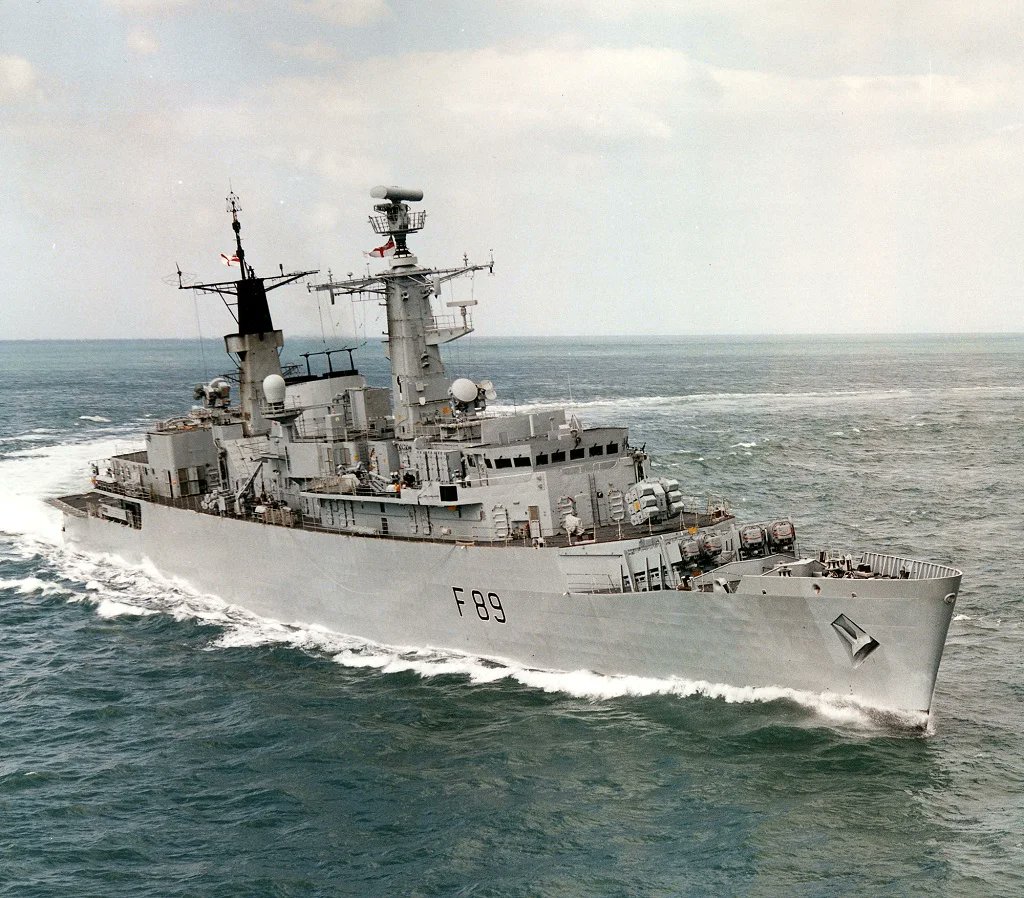Between 1980 and 1994 the Royal Navy submarine service conducted over 130 highly classified missions to gather intelligence or covert operations. Even though the files are closed, it is still possible to draw some significant conclusions from the archives. /1 

The missions involved both conventional and nuclear submarines operating mostly in the Arctic, North Atlantic, Med and off coast of Argentina. They usually involved intelligence gathering or operating in places they should not have been. /2 

The pay off was huge - significant intelligence was generated to support wider operations, protect the nuclear deterrent and gather information to ensure our understanding of the threats could be properly analysed and assessed. This was crucial to winning the Cold War. /3 

The long Pinstripedline blog analyses these deployments and for the first time ever lists all known RN submarine operations and intelligence gathering missions / patrols from 1980 - 1994 and assesses why it remains so important.
/4 tinyurl.com/yc58fh6b

/4 tinyurl.com/yc58fh6b

The blog may be of interest to @NavyLookout @UKDefJournal @EngageStrategy1 @fightingsailor @IBallantyn @SSN14CO @CovertShores @SubBrief @Saturnax1 @USN_Submariner @DaveGOwen @GaskarthJamie @MarkUrban01 @gordoncorera @RoryCormac among others!
• • •
Missing some Tweet in this thread? You can try to
force a refresh








